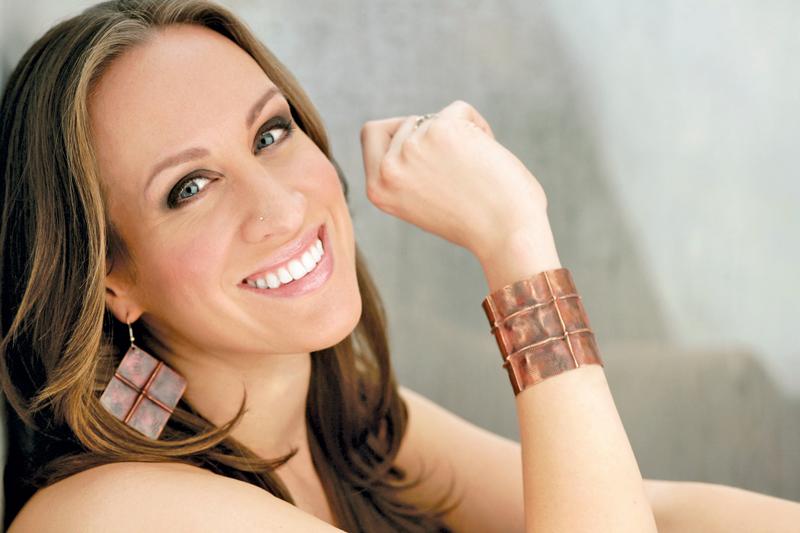My first immersive listening experience involving the High Baroque was hearing the tenor aria “Ev’ry valley shall be exalted” from Handel’s Messiah, played at full volume through my parents’ hi-fi stereo system. The year was 1962, and to my very young ears, the only music that packed a comparable wallop was “Telstar” by the Tornados, which had startled the hell out of me by erupting from a transistor radio.
Handel, however, was something altogether different. Out of the blue, ushered in by a superbly coordinated flock of violins, the vocalist took twenty words of Old Testament scripture and sang them into a fantastic topographical landscape. I have yet to recover from that initial dose of eighteenth-century eloquence; the spell of the Baroque has never worn off.
Handel’s music has the power to fill a room with warmth and golden light. Under its influence, those of us who are susceptible find ourselves basking in a state of contentment that transports us outside of time. A few lines of florid poetry become endlessly pleasurable, even when repeated several times over, because Handel was a musical magician. One utterance, imbued with melody, elongates to become a resonant spiral balustrade leading God only knows where, but we’ll gladly follow.
On April 12 at Hill Auditorium, Harry Bicket will lead the English Concert in a performance of Handel’s oratorio Semele with soprano Brenda Rae (pictured) in the titular role of the Theban princess whose passionate love affair with Jupiter ultimately leads to her destruction. Handel’s treatment of a fable from Ovid’s Metamorphoses revisits the perpetual philandering of male deities, mythologized by mortal men with apparently little else on their minds. Semele is a cautionary tale about vanity, jealousy, unbridled lust, pride, and delusional ambition.
The absence of sets or costumes will focus attention on Handel’s exceptionally fine choral writing, his elegant orchestration, and the dazzling discourse between voices and violins. “Where’er you walk” is a setting of pastoral verse penned by Alexander Pope at the age of sixteen. This simple, stately air endures today as a staple of youth choruses and is among Handel’s most familiar melodies. Other highlights include Semele’s celestial declaration of “Endless pleasure,” the dazzling coloratura passages in her narcissistic aria “Myself I shall adore,” and the rapid-fire complexities of her artfully agitated tantrum, “No, no, I’ll take no less.”
Rae’s expressive physiognomy is uncommonly well suited to operatic performance, as is her willingness to fully internalize the music so that she may proceed impulsively. When a singer so capable of expression interacts with a period instrument ensemble of this caliber, says Bicket in an interview on the English Concert’s website, the results are far greater than the sum of the parts.
Handel’s Semele
Endless pleasure

Credit: Kristen Hoebermann

